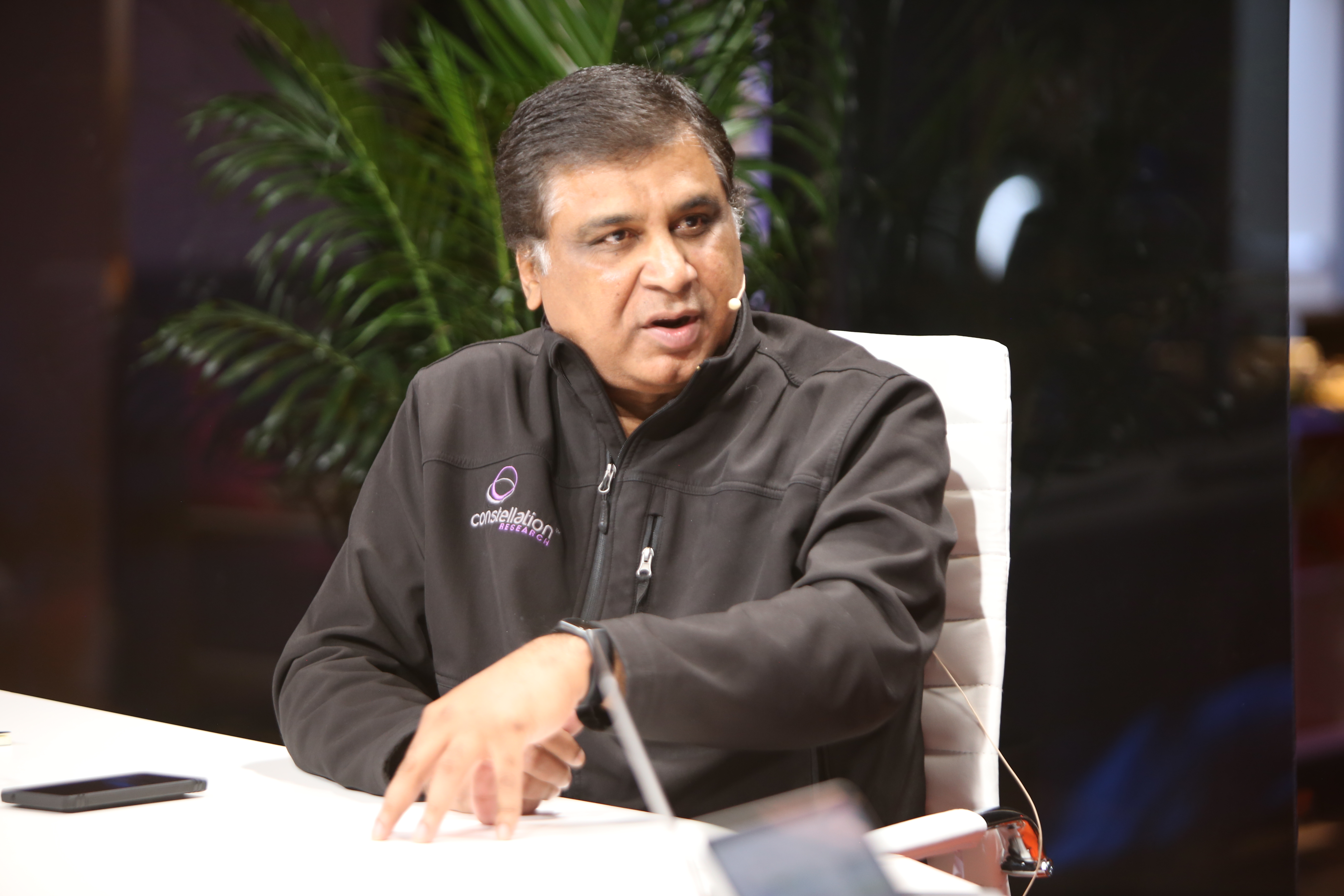 AI
AI
 AI
AI
 AI
AI
Artificial intelligence is driving a new wave of automation, moving beyond robotic process automation to more sophisticated AI agents for automation.
These agents offer dynamic, adaptable workflows capable of managing both structured and unstructured decision-making processes. While bots continue to handle rules-based tasks, AI agents are stepping in to manage more complex, probabilistic decisions, enhancing operational efficiency, according to Andy Thurai (pictured), vice president and principal analyst of Constellation Research Inc. As businesses adapt to this next phase, industry leaders are increasingly focusing on multimodal AI systems that balance human-machine collaboration, ushering in a transformative era for enterprise workflows.

TheCUBE on set talking about AI agents for automation at UiPath Forward 2024.
“It is easy to automate and to automation of a robot and then leave it at that point,” Thurai said, vice president and principal analyst of Constellation Research Inc. “Now, for the first time ever, the probabilistic decision-making engines are making its way into the enterprise. When you put that in the automation scheme, it’s not just about the agents, it’s about the platform, it’s about the workflow, it’s about the ecosystem.”
Thurai spoke with theCUBE Research’s Dave Vellante and co-host Rebecca Knight at UiPath Forward 2024, during an exclusive broadcast on theCUBE, SiliconANGLE Media’s livestreaming studio. They discussed the evolution from traditional RPA to more flexible, agent-based models, enabling more dynamic workflows and complex decision-making. (* Disclosure below.)
Automation companies that once dominated with their RPA solutions are now embracing agent-based systems. The RPA era was centered on creating software robots to handle repetitive, rules-based tasks. These bots became the foundation of many enterprises’ automation strategies, automating tasks that could be broken down into deterministic decisions — those where outcomes were certain.
“Last couple of years you look at all these other companies releasing the agentic things, automation things, and then they kind of lost their mojo,” Thurai said. “There are a couple of things they announced … their vision has changed. Instead of doing more of robotic automation platforms, now they’re interested in talking about agents and providing a platform for agents and also for multimodal combination. That, I think, is the difference they’re bringing to the market.”
In response, automation platforms are adopting agent-based models that allow for greater flexibility. Agents, unlike bots, can manage probabilistic decision-making, meaning they can adapt and learn from various outcomes in real time. This dynamic ability allows agents to go beyond simple automation and start acting as collaborators in workflows, according to Thurai.
“You can build the agents from ground up,” he said. “You can take one of the existing models, they’re also talking about the agentic marketplace where they’ll have hundreds if not thousands of agents available. You’ll take an agent and say that some of this will work for me, but I want to modify it a little bit. You could build agents on top of existing agents.”
While the potential is significant, one of the biggest challenges remains data orchestration, according to Thurai. Many companies are grappling with how to manage and harmonize data across platforms. Companies are actively working on solutions, focusing on building the right infrastructure to support both agents and bots, ensuring that AI-driven automation can meet the demands of complex workflows.
“The organization is going to pay not for the small language model or the large language model, whatever it is, they’re going to pay for the outcome of the system that allows them to extract their proprietary data and use it for competitive advantage, whatever that system is,” he said.
Here’s the complete video interview, part of SiliconANGLE’s and theCUBE Research’s coverage of UiPath Forward 2024:
(* Disclosure: TheCUBE is a paid media partner for UiPath Forward. Sponsors of theCUBE’s event coverage do not have editorial control over content on theCUBE or SiliconANGLE.)
THANK YOU